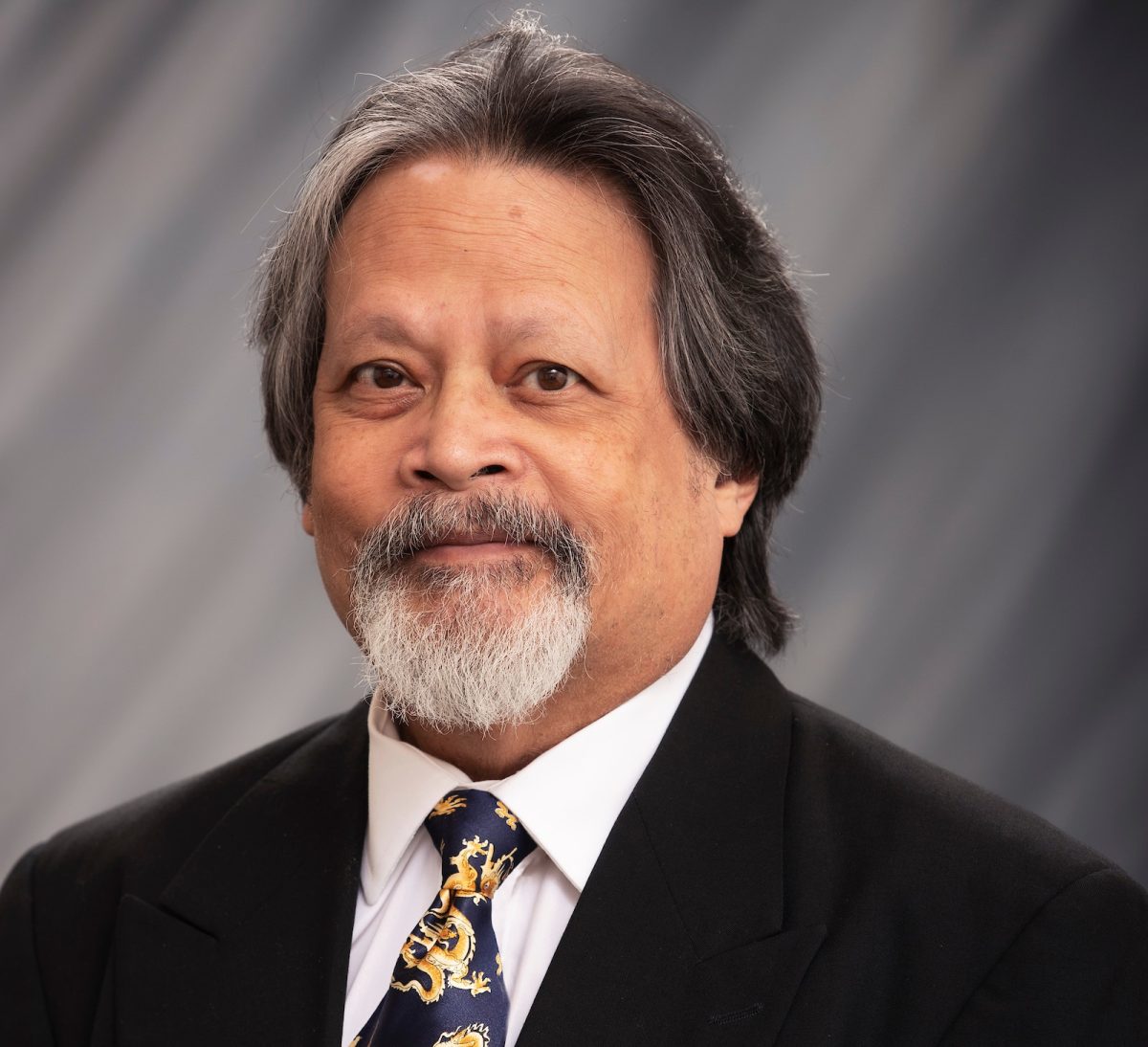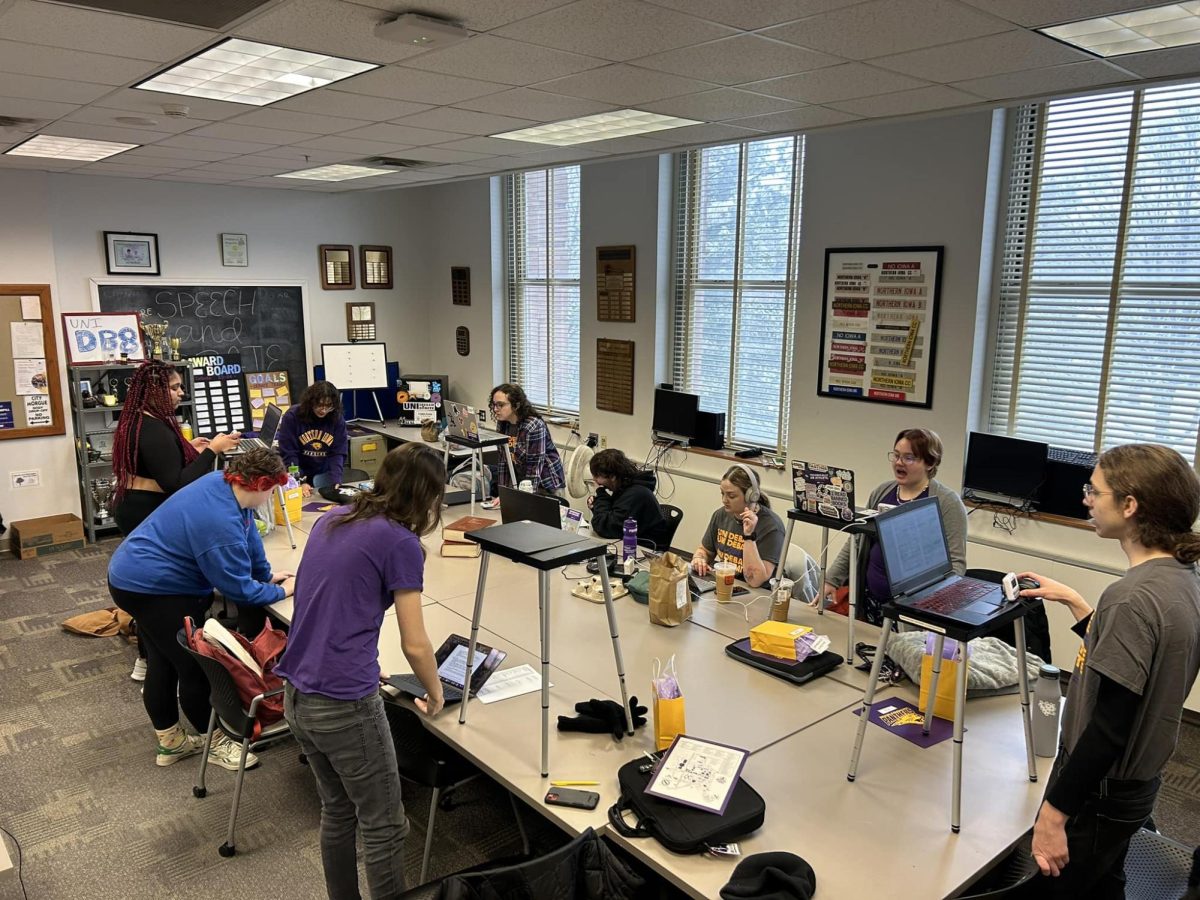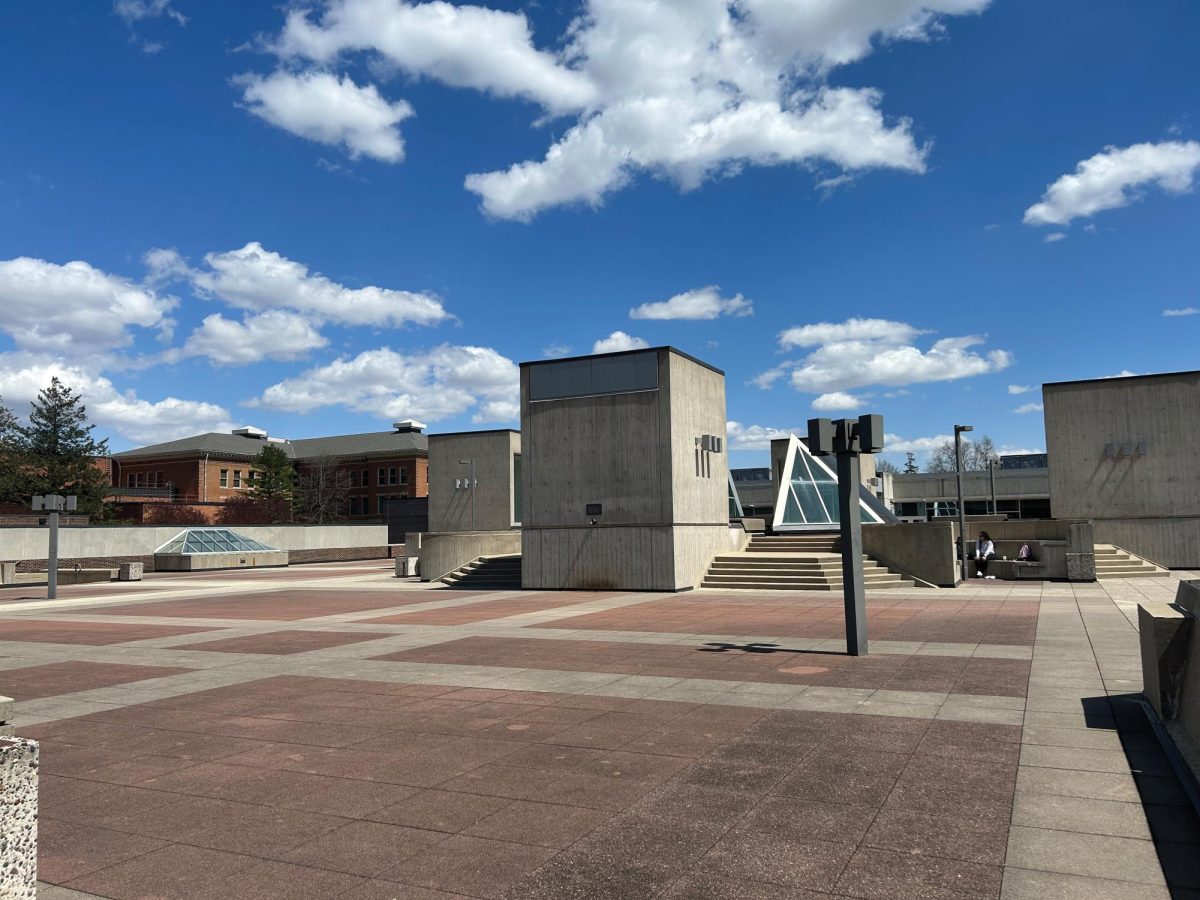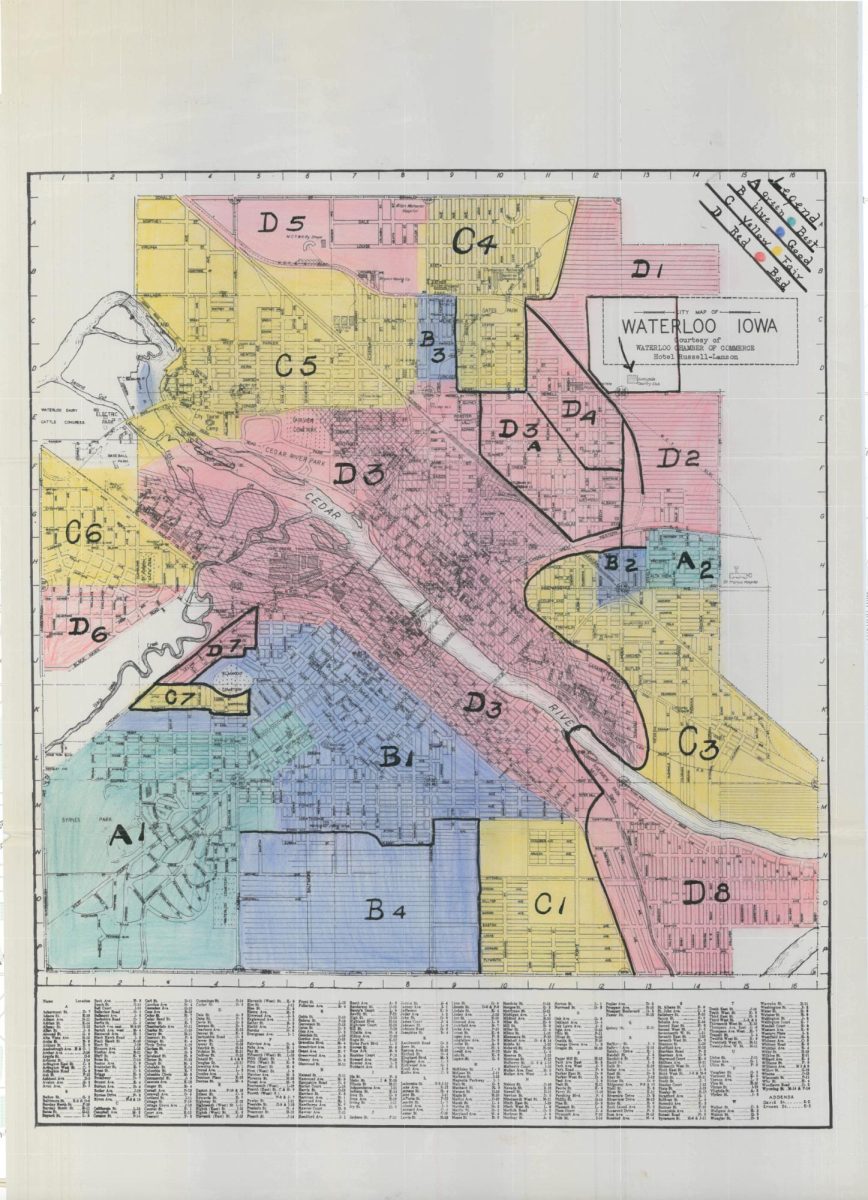The Center for Multicultural Education hosted antiracist writer and educator, Tim Wise, for the third time in ten years last Monday at the Gallagher-Bluedorn Performing Arts Center. To a relatively packed Great Hall of faculty, staff, students and community members, Wise discussed the pitfalls of looking backward when combatting racism, current confrontations among police and unarmed African American men and systemic racism in America.
The lecture was entitled: “Resurrecting Apartheid, From Ferguson to the Voting Booth to the Border– Combatting Racism in the Post-Obama era.”
“It’s not about somebody being a racist, I’m not interested in that. That’s boring. I’m saying we have a system of inequity, in which even good people can get caught up,” said Wise, keynote speaker for the night.
Wise has authored six books, contributed to programs on networks such as CNN and ABC (ABC’s 20/20) and has spoken at over 800 college campuses.
This is his third appearance at UNI, having previously spoken here in 2006 and 2010, thanks in large part to Michael Blackwell, director for the CME.
“Well, I’m sure that some people are part of the, in a sense, ‘choir’ in that they’ve heard him before and are coming because they want to get jumpstarted again or what have you,” said Blackwell. “There are others who have not heard of him and this would be a way to help them become more aware of the kinds of issues he addresses.”
Blackwell reached out to Wise again because of the demand from social work students and community members. He also felt that Wise could provide a constructive perspective on recent racial issues and the deaths of young African American males at the hands of police officers.
“We thought that it would be good for Tim Wise to come and address [those issues] and just the perceptions of race in contemporary America that sometimes gets pushed into the background of things,” Blackwell said, “We felt it would be beneficial to have someone come and talk about it clearly and directly and not mince any words about it.”
Wise addressed the dangers of stopping to admire how far the civil rights movement has come, and advised instead that we continue to move forward.
“When we talk about the issues of racial and social equity, the fact that we’ve made progress doesn’t mean much. It’s like what Malcolm X said: ‘Don’t stick a knife in my heart 12 inches and pull it out six and call it progress,’” Wise said.
For Wise, the title: “Resurrecting Apartheid…” was deliberately meant to be provocative. He feels that the notion of the overt systematic and governmental oppression of racial groups in South Africa, and formerly in the United States as well, can still apply to the American context today. Wise sees no hyperbole.
“No two systems of oppression are exactly the same. However, even if we allow that that resurrected apartheid is an Apartheid 2.0, perhaps a 2.5 or a 3.0, it doesn’t change the fact that it’s still a system of at least informal racial supremacy,” Wise said.
Wise outlined support for his claims based on what one would expect to see in an apartheid system: disparities in material conditions among racial groups, differential treatment of racial groups under the justice system, different perceptions of citizens based on what group they belong to (dominant or marginalized), political restrictions (of voting rights and of access to the southern border of the U.S.) and a hierarchy of value designated to each group.
“I thought he was both very factual and very personable. He is a strong motivator as well, and he really reinforced what I believed prior to coming here tonight,” said Amy Ketelsen, junior psychology major.
For John Fisher, senior math education major, one of Wise’s points was particularly impactful.
“He mentioned that history doesn’t happen linearly; though that is what we’re taught to believe because that’s comfortable. It’s comforting to see it as a linear progression, that it can’t regress, and that it can’t get worse as time goes on. But that’s just not true,” Fisher said.
For Blackwell, Wise is one of the more prominent speakers on these issues. He provides a perspective that is conducive to stimulating discourse on these important issues.
“There are a lot of people also that can add different perspectives to the situation, but he’s definitely the singular individual — particularly because he is white — that many people who are white can listen to and appreciate what he’s saying and not just dismiss it because it’s another person of color talking about these issues. I think that is helpful to people,” Blackwell said.








